We Had Joy, We Had Fun, We Had Seasons in the Sun
A Year To Live (the book), Dead To Me (the TV series) and the Jacques Brel song that inspired this post
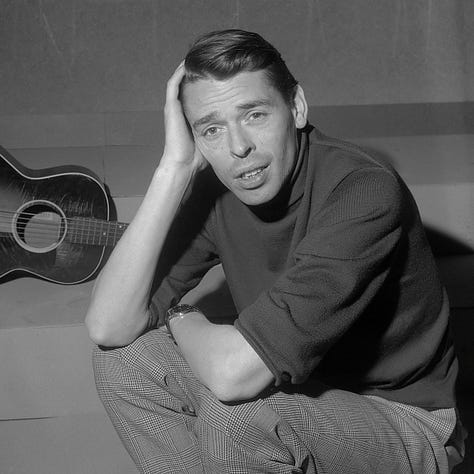
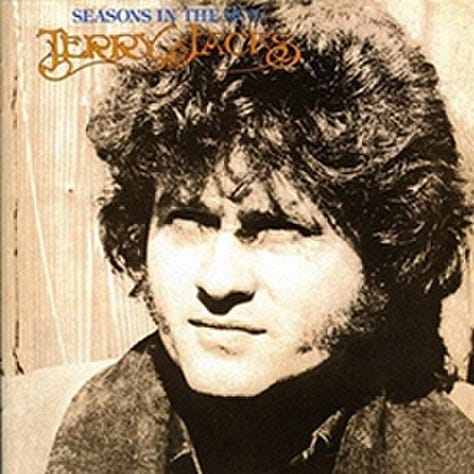
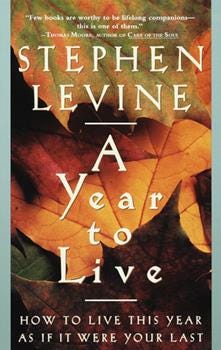

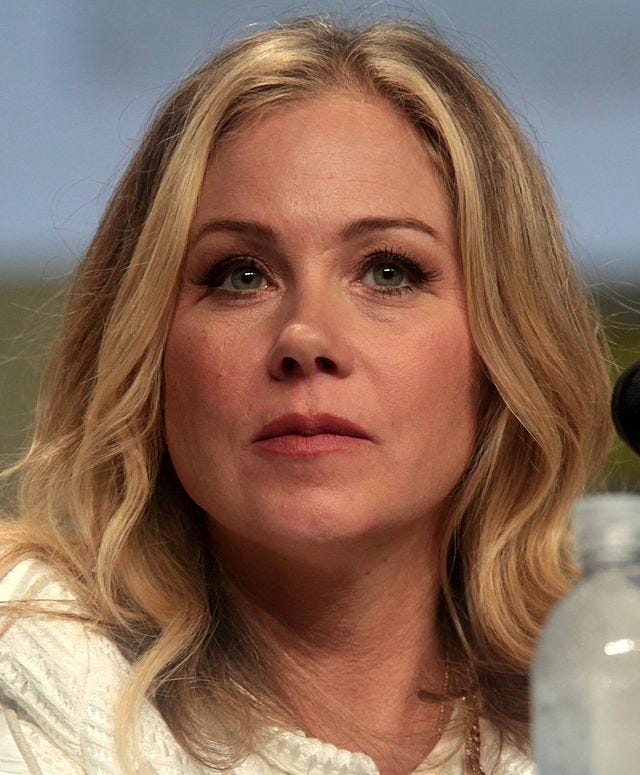
Warning: this post is going to touch on the theme of death and will likely meander aimlessly until coming together at the end (fingers crossed) with just the right amount of profundity.
At the beginning of 2022, the online meditation sangha (spiritual community) I am a member of decided to structure our weekly sessions around the Stephen Levine book, A Year To Live.
Levine organizes his book, in part, as a guide for readers to follow (should they so choose), if they had the knowledge that the coming year would be the last one they’d live in human body form.
Some of the chapters are practical. There are sections on offering forgiveness to those in your life you may have harmed or wronged. There’s a chapter on getting your financial affairs in order, on creating a will or trust, on writing your eulogy.
But most of the book leans in a more spiritual, emotional direction. Levine helps guide the reader to view life and death from a broader perspective. There are chapters on the afterlife and the wheel of samsara, and other references to Buddhism. But it isn’t a Buddhist text. Levine touches on other cultural and religious beliefs and practices around death. But Buddhism is the primary resource in terms of guidance.
I did keep up with most of the exercises, though I skipped some (I like to think) so that I could try again next year. Though the actual reasons were more banal than that.
I simply got too busy or forgot.
I did set up my will though! And I wrote my eulogy. You can read it here.
Not every chapter and exercise in the book resonated with me, but going through it all with a supportive group — sangha — made it feel less like a project I was undertaking alone. In a way we were all living our last years together.
Now that it is December, if this were indeed my last year on earth, I’d have only a few days left.
And likely only two more Substack posts to write.
And I would make it without having ever missed a week! That’s what it could say on my gravesite/urn:
Steve explored the boundaries of music and memoir and never missed a week!
If I had taken my “last weeks” more seriously, I would have perhaps added more things to recommend for December’s ReCOWmendations: including freewill.com — a great website for creating wills, trusts, power of attorneys, and more essential documents. US only, I believe.
I grew up in a family of serious death deniers. Mostly my father, but also, in many ways, my mother. And for sure myself. When my nana Muriel was dying of cancer in the early 90s, my dad did not visit her in the hospital very often. He was a total mama’s boy so I get it. Watching your mother slowly die in a hospital is hard.
I also was a total Nana’s boy.
Nana never drove, so when I got my license at age 16, I would come pick her up at her apartment when Papa Harry was at work and take her to Denny’s or Carl’s Jr., her two favorite restaurants. She would stuff her purse with straws and packets of ketchup and mustard, sweet n’ low and sugar. I remember feeling both mortified and super impressed. Something about stealing what was already free — although probably not allowed in such large quantities — showed a ballsiness that I lacked.
When Nana passed away I wrote her eulogy, and at her funeral I told the story of her condiment thievery. Everyone laughed and then cried. Afterwards, beside the buffet table filled with bagels, lox, cold cuts, rugelah and boxed wine, I was cornered by several older cousins who demanded/begged me to write their eulogies when they died.
“Um, sure?” I think I said with an awkward smile. If I’d had my wits about me, I would have added, “You’ll have to spill the dirt on all your petty crimes first, though.”
It still wouldn’t have clicked with them that the reason the eulogy was emotional was because it was my friggin’ Nana who died.
Since I was fairly young I’ve been able to explore my feelings around death via writing, but talking about it? Not a chance. I’ve always been awed by people who are able to quickly and honestly tap into their deep feelings and express them verbally. My brain has always worked overtime — mapping out all the danger angles, scanning for potential red flags — so pausing long enough to gather clear thoughts seemed as likely and achievable as finding a unicorn.
That was a big reason why following the “Year to Live” book guide felt so important to do now. We are all going to die. Everyone and every living being we know and love will die. I don’t want to fear death and avoid its inevitability. In addition to this YTL project, I’ve also taken a 3-day workshop on death and love led by Frank Ostaseski and Roshi Joan Halifax through the Upaya Zen Center in Taos, New Mexico, and read Frank’s powerful and transformational book The Five Invitations. I highly recommend it.
With my parents and my aunt in their 80s, the escalator of life is getting closer to the top floor. I want to be able to face the challenges sure to arrive when they come and I think (hope) I built a stronger foundation for that this year.
Caring for aging parents is a giant topic for another day, but I explored it a bit in a post I wrote a few months ago around the They Might Be Giants’ song, “Older.” Check it out if you haven’t.
Last night my wife and I watched the 3rd episode of season 3 of Dead To Me, the dark comedy on Netflix starring Christina Applegate and Linda Cardellini.
There was a more than two-year break since season 2 had aired. Part of that was due to the pandemic, but another factor was that Christina Applegate was diagnosed with Multiple Sclerosis at the start of shooting. She had been having odd symptoms — numb limbs, tingling, balance issues — but shrugged them off as stress reactions.
Creator and show-runner Liz Feldman adjusted the work day and storyline to accommodate Applegate’s worsening condition. You can see that her face is puffy and that her gait is a bit strained, but so far, her MS hasn’t really been that noticeable.
What makes this show, which definitely has its moments of absolute ridiculousness (not a slight in the slightest) so grounded and such a joy to watch, is the interplay between its two stars. Both actors are brilliant, and their friendship so believable and true, despite the soap opera-like scenarios they are placed in.
In one scene, Jen (Applegate) and Judy (Cardellini) are sitting in the waiting room at the oncology doctor’s office (Judy might have cancer), watching as every other patient gets called before them. At they complain to each other about the wait, “Seasons in the Sun,” the 1974 soft-rock hit song performed by Terry Jacks, begins playing on the soundtrack.
Goodbye to you, my trusted friend
We've known each other since we were nine or ten
Together we've climbed hills and trees
Learned of love and ABCs
Skinned our hearts and skinned our knees
The lyrics to the first verse of this pretty heartbreaking song, about a person saying goodbye to his friends and family before his death, are what Jen and Judy are hearing until suddenly, Jen turns to Judy and says: “Is this happening inside my brain? You can hear that, right?” “Oh yeah, I can hear it,” Judy answers.
“What sadist put this playlist together?” Jen comments.
This scene perfectly encapsulates both the tone of the show and the greatness of Applegate and Cardellini as actors.
This is the final season of Dead To Me and I’m slowly relishing each episode before they become memories in the rear view mirror — mere seasons in the sun.
Terry Jacks did not write “Seasons in the Sun.”
The song was originally written and recorded by Jacques Brel in 1961 with the French title, “Le Moribond.” In English that translates to “The Dying Man.”
The following intriguing history to this song is from Wikipedia:
Brel reportedly wrote it in a brothel in Tangiers. Sung in a marching tempo, it tells of a man dying of a broken heart and shows him saying his last farewells to his close friend Emile, a priest friend, an acquaintance named Antoine, and his wife who has cheated on him numerous times with Antoine. Despite knowing of Antoine being his wife's lover, he wishes no ill upon him but tells him to take care of his wife. American Rod McKuen translated the lyrics into English. In 1964, the Kingston Trio first recorded an English version of "Seasons in the Sun", which was later heard by Terry Jacks and became the basis for his rendition.
Jacks rewrote the lyrics, although he is uncredited for it. He justifies the rewriting by stating that he deemed the original version and its translations as "too macabre". The inspiration for the rewritten lyrics was a close friend of his who was suffering from acute leukemia and died four months later. The Terry Jacks rendition, which was later dedicated to the friend, has the dying man giving his last words to his loved ones with whom he shared his life, much like the original. However, unlike the Brel version, the man does not die broken-hearted but instead, acknowledges the rights and wrongs of his actions in life as he passes away peacefully.
In the rewritten version, the man first addresses a close friend whom he had known since childhood and reminisces about the happy times they had, such as playing and studying together ("climbed hills and trees", "learned of love and ABC's") and friendships with others ("skinned our hearts and skinned our knees"). He then addresses his father, who tried to give him a good upbringing and exert a positive influence on his undisciplined life ("I was the black sheep of the family", "You tried to teach me right from wrong", "wonder how I got along") which included overindulgence, vices, and revelry ("too much wine and too much song"). The man finally addresses a "Michelle", recounting how she had lifted his spirit up in times of despair.
I don’t normally cut and paste long sections like this but I thought it captured the song and its evolution quite well.
Did Jacks — and McKuen — suck the life out of (no pun intended) Brel’s original? I don’t speak French, but the story of the dying man telling the man who has been sleeping with his wife to take care of her after he passes, is a far more interesting and forgiving version than the treacly tale that Jacks sings in “Seasons in the Sun.”
It’s of a piece of other such songs of the early 1970s, where attempting to make amends with one’s life prior to death is a recurring theme. Jim Croce’s “Time in a Bottle” comes to mind. But Croce’s song is far more heartbreaking than “Seasons in the Sun.” Even if Croce didn’t die in a plane crash months after the song’s release, it would still tug at the gut and summon tears just as quickly.
What the narrators of these songs — Brel’s “The Dying Man,” Jacks’ “Seasons in the Sun,” Croce’s “Time in a Bottle” — all share, is a willingness to tell the people they love how they feel about them before it is too late.
These songwriters, or their lyrical doppelgängers, might be afraid of death, but that fear isn’t going to keep them from dealing with what needs to be dealt with, from saying what needs to be said.
It’s this courage in the face of death that I take from these songs, and it’s what I hope I can express to the people that are important to me, the people that I love, before I am released from this mortal coil.
Are there any songs about death that you find particularly effective? Ones that have stayed with you for decades? Ones you turn to in times of grief?
Leave your feedback in the comments! And as always — thanks for reading these often long essays!
Oh, I’m testing out voice over versions of these posts. I’m not editing them; I’m posting it flubs and all, but hopefully that’s what gives it its charm! If you listen to it, let me know what you think. I’m assuming I can’t play any of the music without getting in trouble, but I’ll look into it.





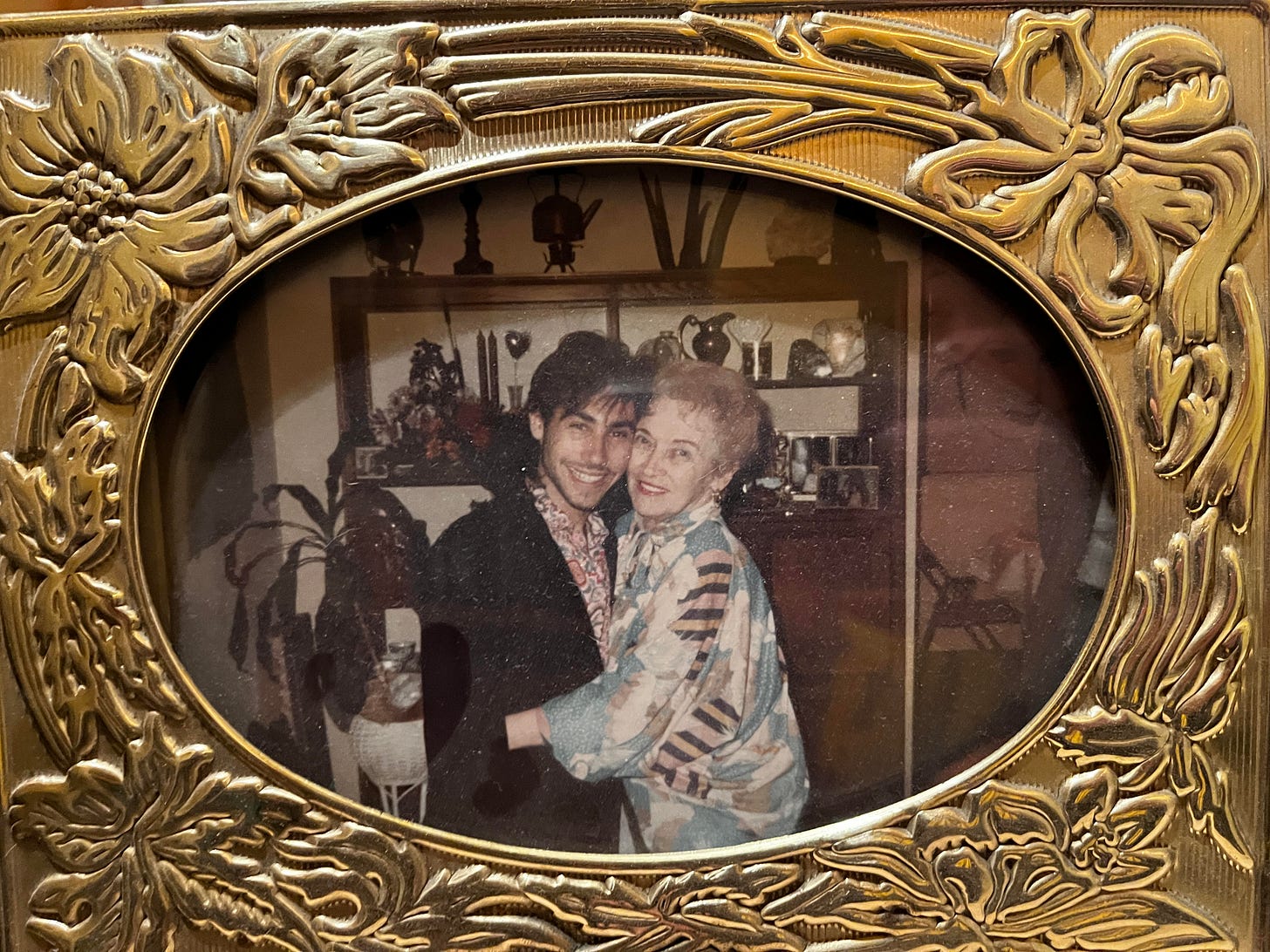
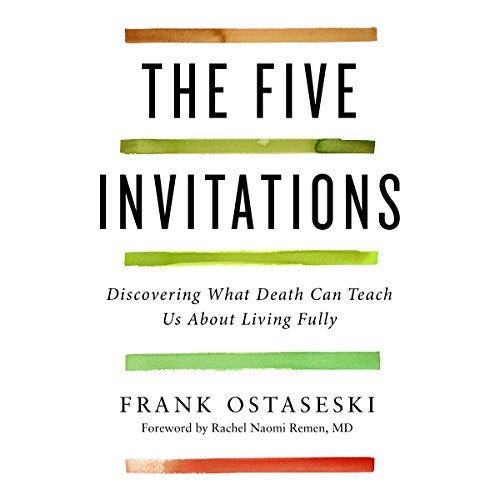



You wrote your will without me? Can I have a copy?
I almost skipped this because, well, the Terry Jacks song is one of the most unfortunate things, ever. But it was too late, the chorus started up in my amygdala as you no doubt intended, so I read on. First thought: your Nana reminds me of so many members of my family! I have also written an obituary for myself, will have to compare notes. OK, some of my favorite Death songs:
Fleetwood Mac "Dust" https://www.youtube.com/watch?v=-i3w576gr9o
Oingo Boingo "We Close Our Eyes" https://www.youtube.com/watch?v=xF2F88q0YDc
Nightwish "Shoemaker" https://www.youtube.com/watch?v=Rjp_DfvJimg This last one is an ode to Eugene Shoemaker, the first person whose ashes were intentionally laid to rest on another planet.